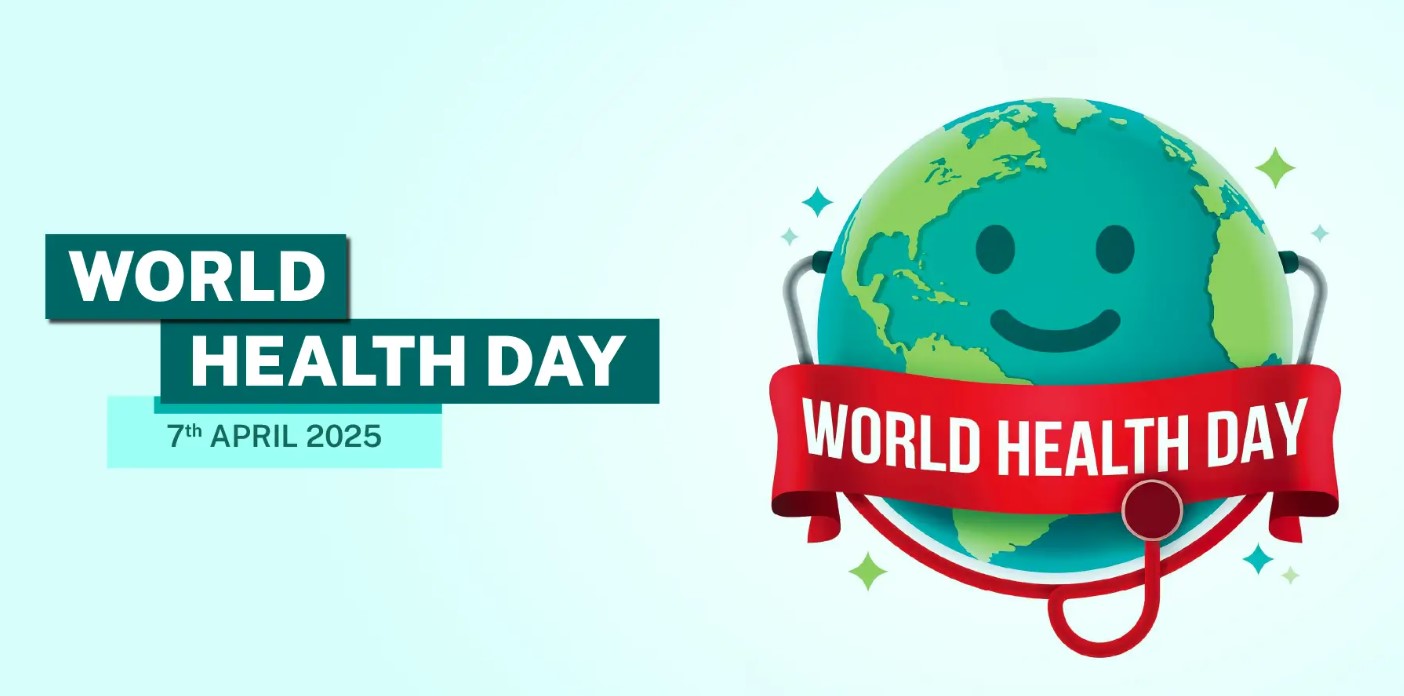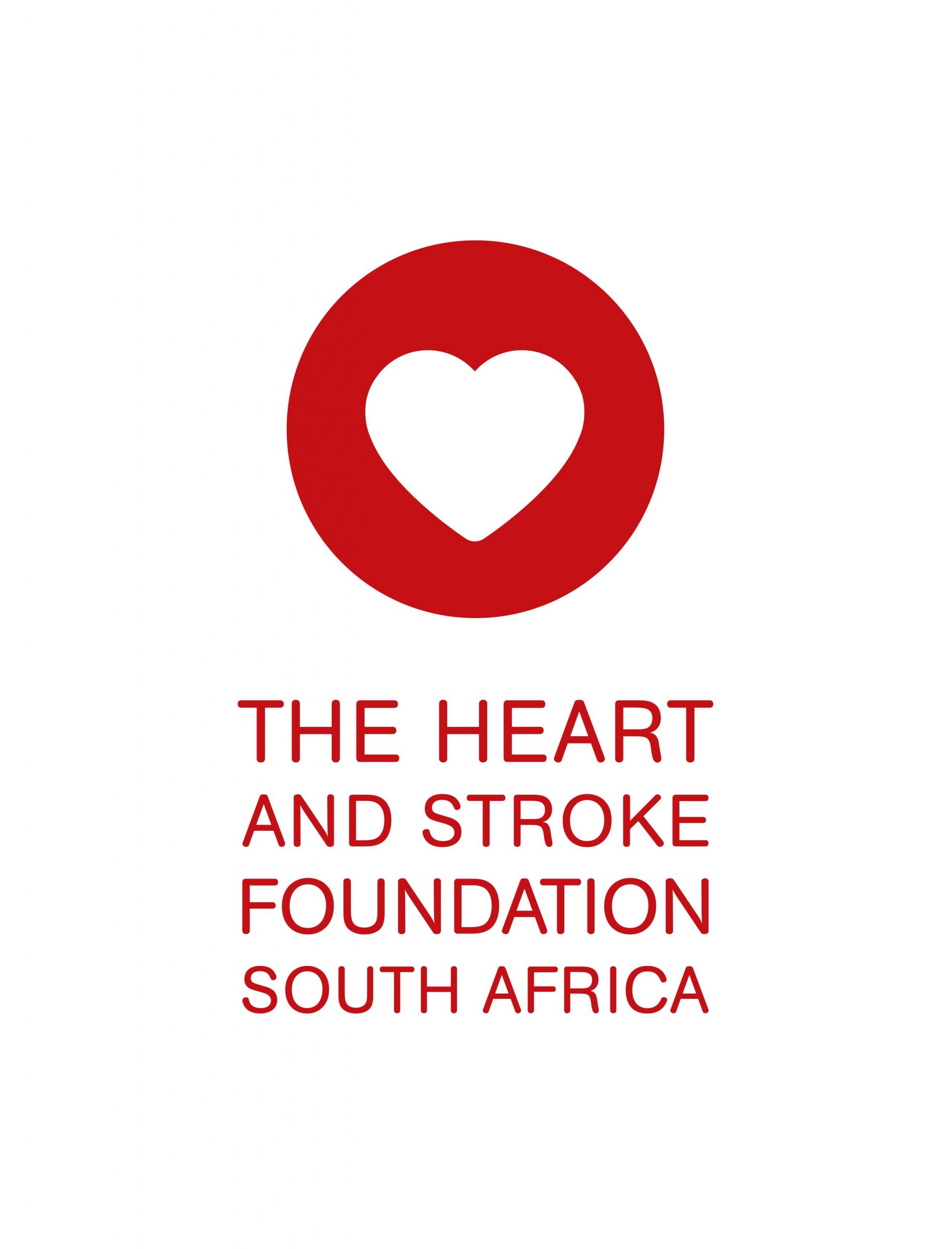Health
World Health Day 2025: Healthy beginnings and hopeful futures─── KAYLA BARKER 09:00 Mon, 07 Apr 2025

Annually on 7 April, the Heart and Stroke Foundation South Africa (HSFSA), along with many organisations across the globe, commemorate World Health Day. In 2025, the campaign theme is “Healthy beginnings, hopeful futures”.
World Health Day was initiated by the World Health Organisation (WHO) to highlight and raise awareness of the key elements that affect and contribute to the health outcomes of every nation around the world.
In 2025, the campaign theme, “Healthy beginnings, hopeful futures”, urges governments and the health community to increase efforts to end preventable maternal and newborn deaths, and to prioritise women’s long-term health and well-being.
Prof. Pamela Naidoo, the CEO of the Heart and Stroke Foundation, joins Yolanda Maartens in the OFM Family Focus to talk about the importance of World Health Day and the work they do at the Heart and Stroke Foundation.
The CEO of the Heart and Stroke Foundation South Africa (HSFSA), Prof. Naidoo states that, “maternal and child health has expanded remarkably since free maternal and child healthcare (MCH) was introduced in South Africa in 1994. Since it became a priority for the government led by the late President Nelson Mandela, it led to a rapid decline in child and maternal mortality rates.”
The National Department of Health has implemented various programmes, including the Prevention of Mother-to-Child Transmission (PMTCT) programme, the Integrated Management of Childhood Illness (IMCI) programme, Maternity Case record (perinatal care) booklets, and Road to Health Booklets (RTHC), among others. Maternal and child health is incorporated in the Sustainable Development Goals and identified by the United Nations as an integral part of ensuring a better and healthier future for all.
The theme, “Healthy beginnings, hopeful futures”, encapsulates that and the importance of taking care of mothers and children, not just now but for generations to come.
Prof. Pamela Naidoo also states that healthy living is crucial throughout one’s lifetime, starting from the perinatal period, which is a critical and dynamic phase of growth and development for the fetus. “Establishing healthy behaviours during this period can set the stage for a lifetime of wellness, and it is essential to maintain these healthy habits from conception through old age to promote optimal health and well-being.”
In conversation with Yolanda Maartens, they discuss the importance of a woman’s pre-natal care as well as the importance of the child’s first 1000 days, from conception to the age of two.
According to the WHO, almost 800 women died globally – on a daily basis – from preventable causes related to pregnancy and childbirth in 2020. This meant a maternal death occurred almost every two minutes. The WHO further stated that between 2000 and 2020, the maternal mortality ratio (MMR, number of maternal deaths per 100,000 live births) dropped by about 34% worldwide. Almost 95% of all maternal deaths occurred in low and lower-middle-income countries in 2020.
Care by skilled health professionals before, during and after childbirth can save the lives of women and newborns. Recent data from the Saving Mothers report 2023 shows that there were approximately 1,473 maternal deaths in 2021 within South Africa, with Gauteng and KwaZulu-Natal the highest contributors. Hypertensive disorders were the third most common cause of maternal deaths.
The first 1000 days of a baby's life are crucial in preventing infant deaths. It is also crucial for a child’s growth, development, learning, and long-term health with profound implications for future health, educational attainment, and economic productivity.
A pregnant woman’s stress levels, diet, and overall well-being can significantly impact her unborn child’s development, and thus both mother and child require and deserve adequate care.
Not only is this a massive focus for the HSFSA, the Heart and Stroke Foundation South Africa plays a leading role in the fight against preventable heart disease and strokes, to see fewer people in South Africa suffer premature deaths and disabilities.
The HSFSA was established in 1980 as a non-governmental, non-profit organisation which relies on external funding to sustain the work it carries out.
They aim to reduce the cardiovascular disease (CVD) burden in South Africa and ultimately on the health care system of South Africa.
Their mission is to empower people in South Africa to adopt healthy behaviours, make healthy choices easier, seek appropriate care, and encourage prevention.
For more information visit www.heartfoundation.co.za.
You can also find them on www.facebook.com/HeartStrokeSA, www.twitter.com/SAHeartStroke and www.instagram.com/heartstrokesa_
cg















